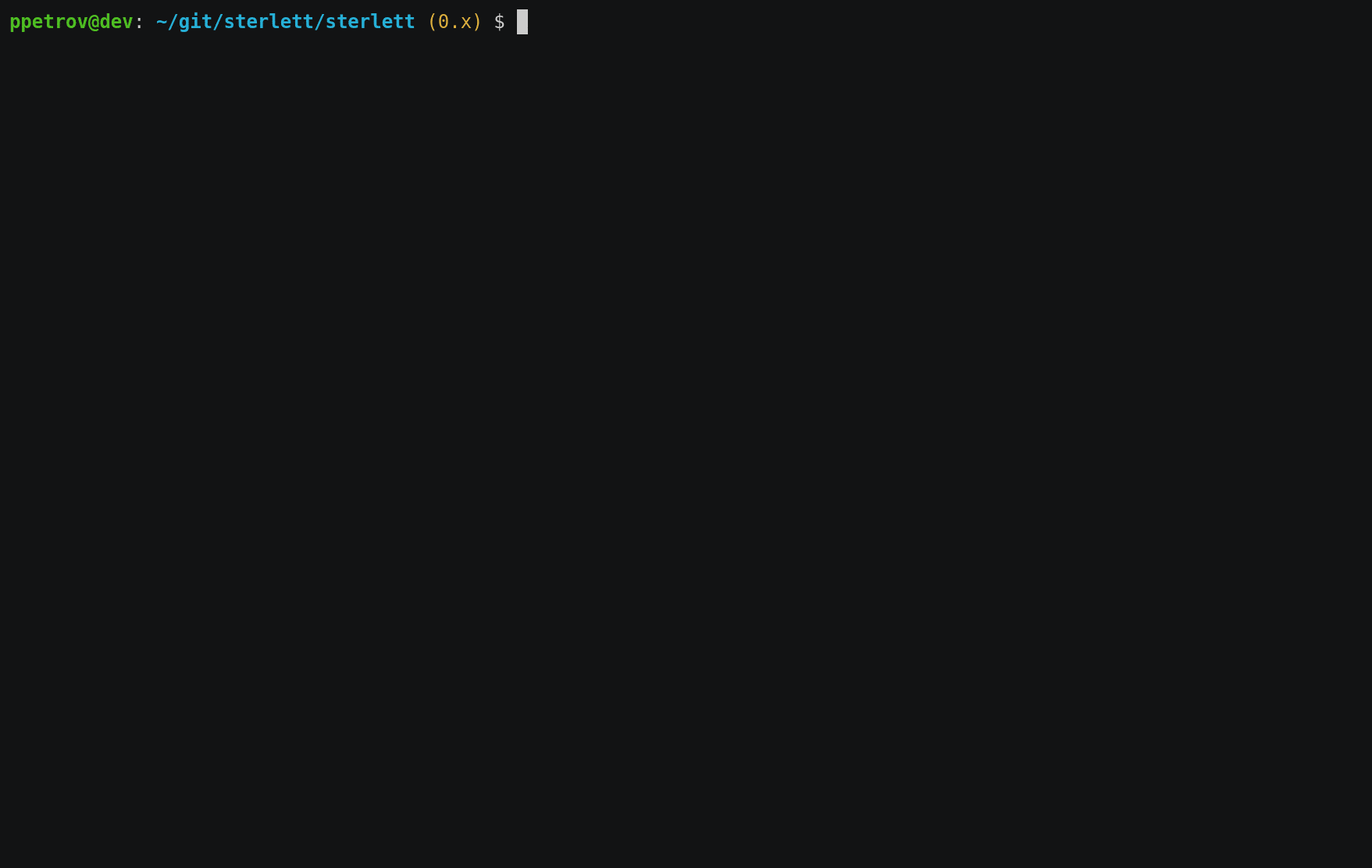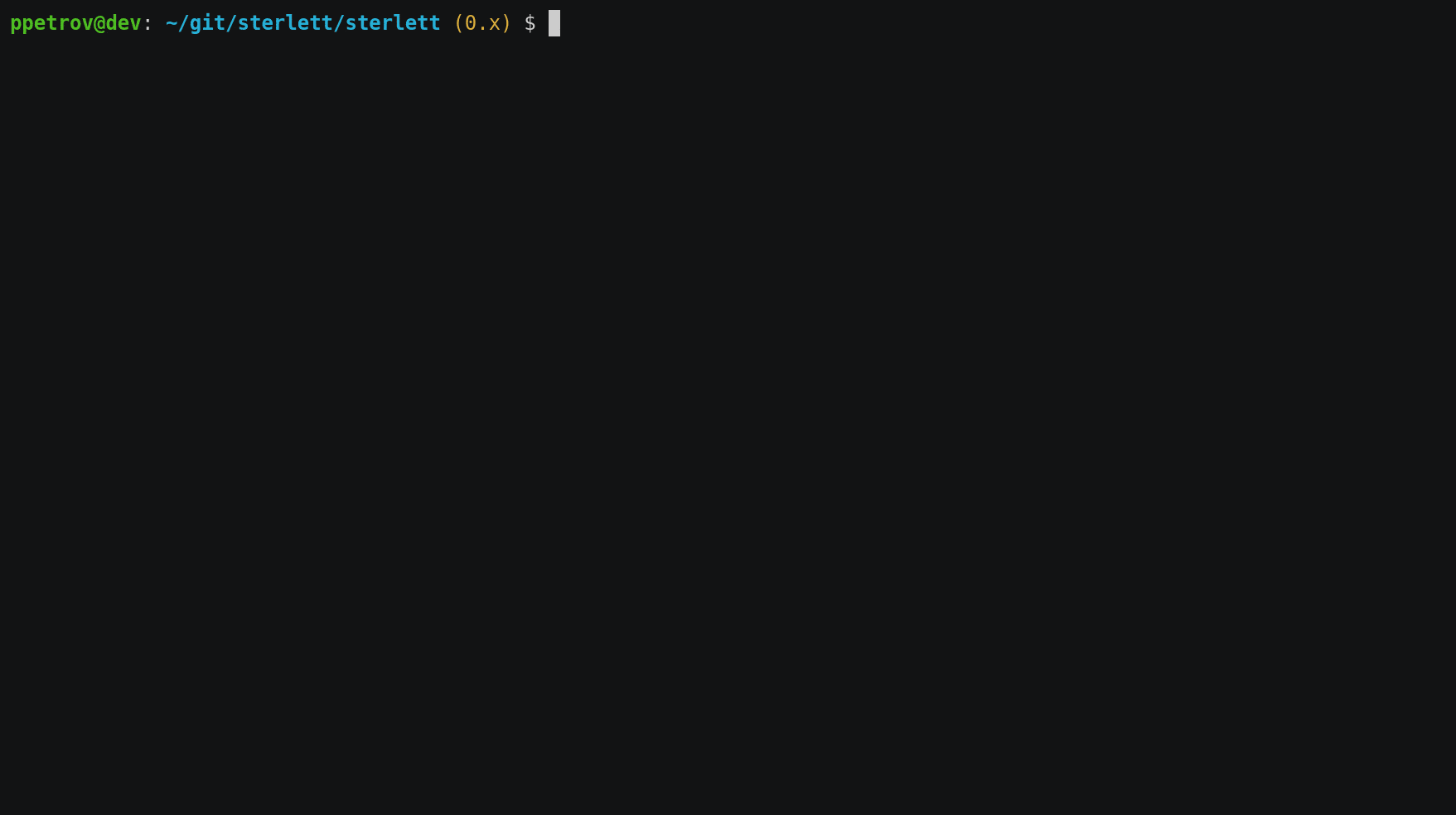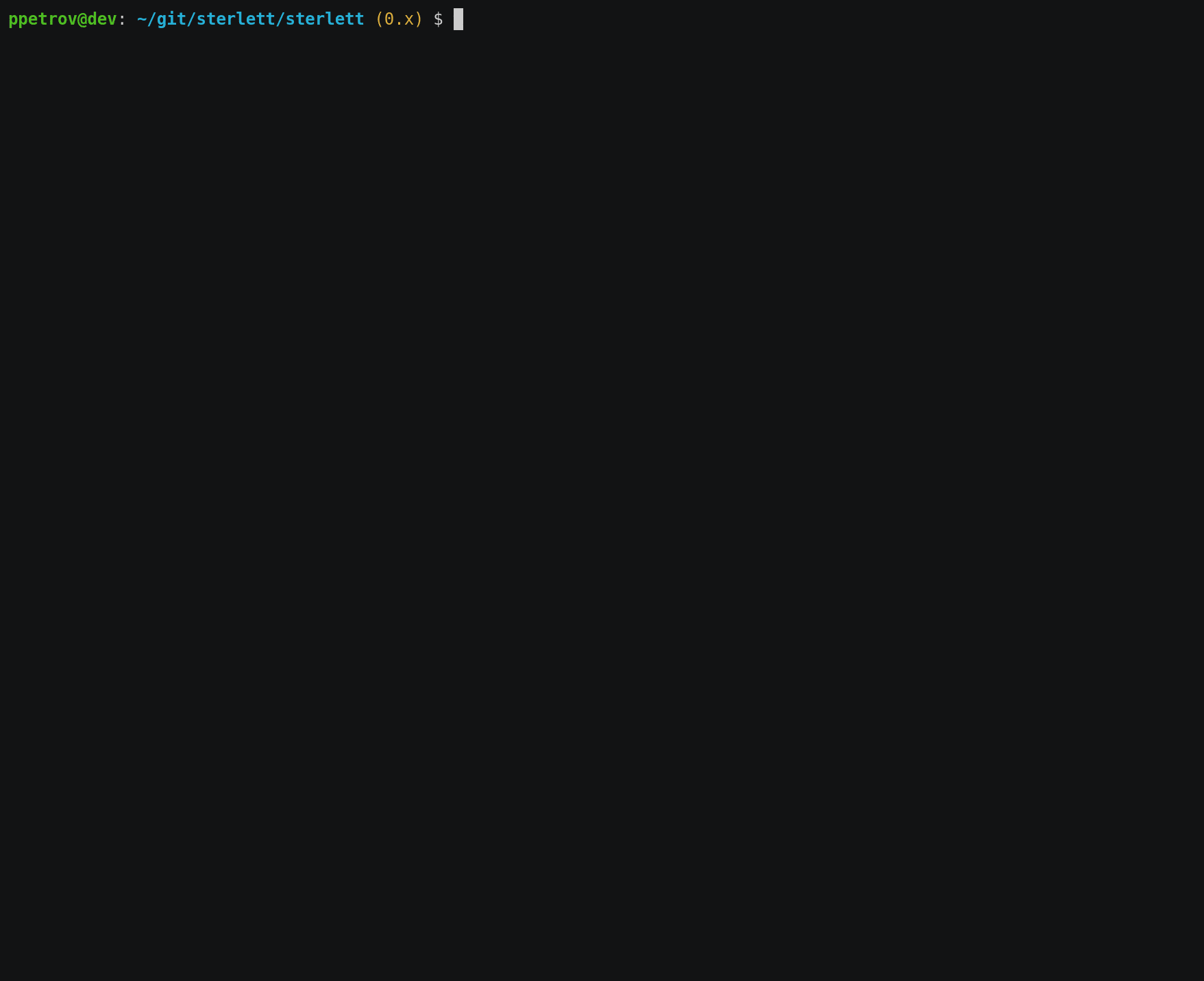sterlett / sterlett
The microservice for retrieving and processing public information about computer hardware prices
Installs: 1
Dependents: 0
Suggesters: 0
Security: 0
Stars: 1
Watchers: 1
Forks: 0
Open Issues: 0
Type:project
pkg:composer/sterlett/sterlett
Requires
- php: >=7.4
- ext-bcmath: >=7.4
- ext-ds: ^1.3
- ext-pcntl: >=7.4
- clue/block-react: ^1.4
- clue/http-proxy-react: ^1.6
- doctrine/migrations: ^3.0
- doctrine/sql-formatter: ^1.1
- itnelo/reactphp-webdriver: ~0.4
- psr/container: ^1.0
- psr/event-dispatcher: ^1.0
- psr/http-message: ^1.0
- psr/log: ^1.1
- react/event-loop: ^1.1
- react/http: ^1.2
- react/mysql: ^0.5.4
- react/promise: ^2.8
- react/stream: ^1.1
- ringcentral/psr7: ^1.3
- symfony/config: ^5.2
- symfony/console: ^5.2
- symfony/dependency-injection: ^5.2
- symfony/dotenv: ^5.2
- symfony/event-dispatcher: ^5.2
- symfony/event-dispatcher-contracts: ^2.1
- symfony/options-resolver: ^5.2
- symfony/property-access: ^5.2
- symfony/yaml: ^5.2
- wyrihaximus/react-psr-3-stdio: ^2.1
Requires (Dev)
- php-ds/php-ds: ^1.3
- phpunit/phpunit: ^9.5
This package is auto-updated.
Last update: 2025-10-12 01:59:50 UTC
README
;C0tf;.
LGCGCLCf;.
itii;:itLLfffftLLffLL1;,
ii:;;::;1tLCCL◖◗LfCCLLf1;,
ii:;;:;:;;11fLLffLLfLCLff1,
i;:::;:::ii111ttffffLCLftf1.
,..i;:::;1iiiiii1i1tfLfft1ft.
,;;;i11 ii1i111t1tf11fiii:.
.,iftt111111tt111iii;tft1tttft:
,itLfi;i1tffftt111111111tGGCLt11tti.
.ifL1:, .:1fLfffttttft1i1LCCCCfttti
tf; .;1tfLLLLfft11it;;fLLLfLi
.,itLfffttt ,itft
.i11tfft11tt, ti.
Goals
Sterlett is a microservice and console API for retrieving and processing public information about computer hardware prices. It may help to buy the most efficient microchips in your region by the lowest available price, using several benchmark providers and taking into account local currency spikes and pricing fraud.
Architecture
The microservice represents a set of backend and frontend containers behind a gateway for routing and load balancing (stack).
Backend: PHP 7.4+, ReactPHP,
Symfony 5 components (async adapters).
MySQL 8 for data persistence.
Frontend: JavaScript (ES5, ES6+), Svelte 3,
Spectre.css. Lighttpd 1.4 to serve assets.
Gateway: HAProxy 2.2.
Installation
Docker
Ensure you have a Docker daemon and a compose tool available on your machine.
Clone the repository, then build a .env and other configuration files:
$ git clone git@github.com:sterlett/sterlett.git sterlett && cd "$_"
$ bin/configure-env dev
$ cp config/parameters.yml.dev.dist config/parameters.yml
The microservice scope requires an HTTP/HTTPS proxy for some websites, specify a valid host and port in the .env file
you have just created:
$ sed -i -E "s/(SELENIUM_PROXY_HOST)=_/\1=0.0.0.0/" .env # replace 0.0.0.0
$ sed -i -E "s/(SELENIUM_PROXY_PORT)=_/\1=80/" .env # replace 80
Build images:
$ docker-compose build --no-cache --force-rm --parallel
In the dev environment you need to manually install back/front dependencies for the project (however, there are also
Dockerfile-standalone files, which you can use to build isolated and self-sufficient containers):
$ docker-compose run --rm --no-deps app composer install
$ docker-compose run --rm --no-deps app npm clean-install --no-optional
Apply migrations (note: you may need to wait for a few minutes during the first-time database initialization, before you can actually execute this command):
$ docker-compose run --rm app bin/console migrations:migrate --no-interaction -vv latest
To compile frontend assets:
$ docker-compose run --rm --no-deps app npm run dev
Now you can launch a microservice at http://localhost:6638 (or interact with command-line interface, see below):
$ docker-compose up -d
Console API
Calculating V/B rating
Value/Benchmark (or Price/Benchmark) ratio — is a numerical score, that will be assigned for the hardware item to measure its customer appeal. The more V/B ratio it has, the bigger benefit you can get from buying this item in terms of rough price/performance. You can calculate a V/B rating for the available hardware items manually, with the following command:
$ docker-compose run --rm --no-deps app bin/console ratio:calculate
Example:
The source data includes both hardware benchmarks and price lists from the third-party web resources. It is possible to dump contents of related providers by the other API methods.
Downloading a benchmark list
Renders a list with benchmark results from the configured providers, which are used in the algorithm as a source for hardware efficiency measure.
$ docker-compose run --rm --no-deps app bin/console benchmark:list
Example:
You can specify a minimum benchmark score for items to be shown in the table using passmark.cpu.min_value in
parameters.yml.
Retrieving hardware prices
Renders a table with hardware prices from the different sellers, which are used to suggest deals *.
* — Actually, a FallbackProvider will be used for price retrieving in the console environment; a normal run could take from 20 minutes to 2.5+ hours, due to some sophisticated scraping techs that are executing asynchronously, in the background, and guarantee a certain level of stability, while the microservice serves HTTP requests. See BrowsingProvider.
Currently supported regions: RU/CIS.
$ docker-compose run --rm --no-deps app bin/console price:list
Example:
Honeycomb
This one is currently at the development stage 🐝.
🍯 Backend base
🍯 Frontend base
🍯 Routing and load balancing capabilities
🍯 CI ground
🍯 Prices retrieving
🍯 Benchmarks retrieving
🍯 Data persistence
🍯 Console API: CPU list
🍯 Microservice: CPU list
🍯 Microservice: CPU deals
1.0 milestone
🔲 Microservice: GPU list
🔲 Microservice: GPU deals
🔲 1 year of stable work in production
See also
- itnelo/reactphp-foundation — A fresh skeleton for building asynchronous microservices using PHP 7.4+, ReactPHP and Symfony 5 components, with a deployment preset for scaling and load balancing.
- itnelo/reactphp-webdriver — Sterlett uses the ReactPHP WebDriver, a fast and non-blocking PHP client for Selenium browser automation engine, to acquire data from some websites.
Changelog
All notable changes to this project will be documented in CHANGELOG.md.



